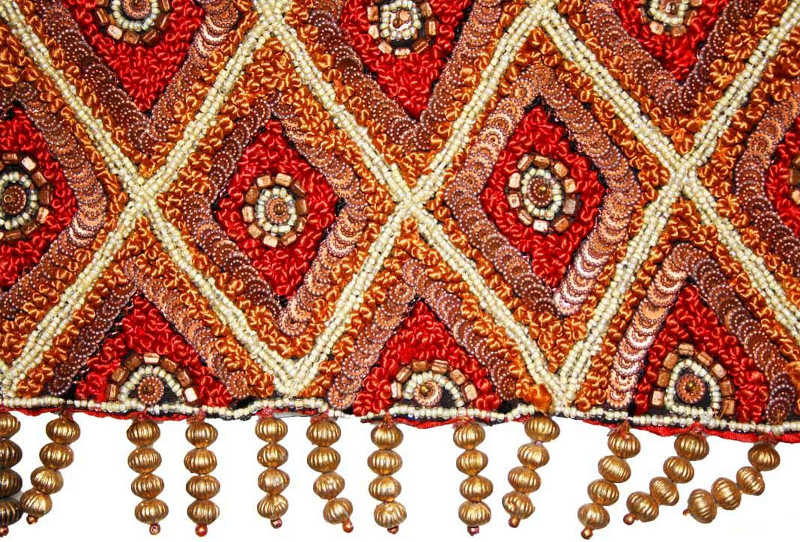===
0700,
12
===

=== |
 |
FWP:
SETS == EK; IDIOMS
MOTIFS
NAMES
TERMS == FRESH WORDAlthough I usually go for painstakingly literal translation, thā vuh bhī ik zamānah is so colloquial that to render it as 'even/also that was a single/particular/unique/excellent era' just seems absurd. Something like 'those were the days' (which similarly can't be captured in English by taking it as a mere literal identification of which days are under discussion) seems much more to the point. There's a tone of nostalgic relish that comes with the idiom.
Probably the original idiom dhaṛ dhaṛ jalnā was onomotopoetic, and through those great old Indic retroflex sounds it echoed the crackling and popping of a vigorous fire. In any case, as SRF notes, it certainly works effectively as a 'fresh word'.
The speaker seems to be nostalgic for those days, as he wistfully recalls a time when his now-burnt-out laments had such a fiery power that-- that what? That they consumed the wilderness for miles around in all directions? That they were 'effective' in getting a response of some kind? That they evoked, if not the beloved's voice, then at least the audible 'voice' of the flames?